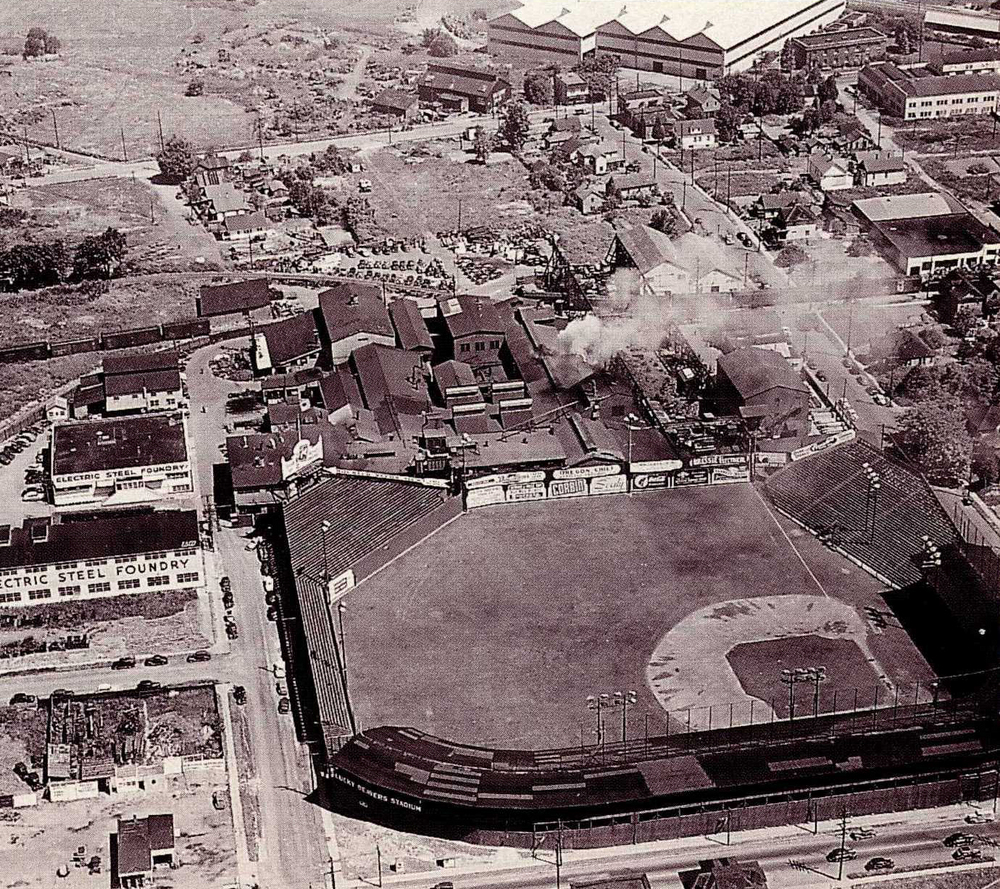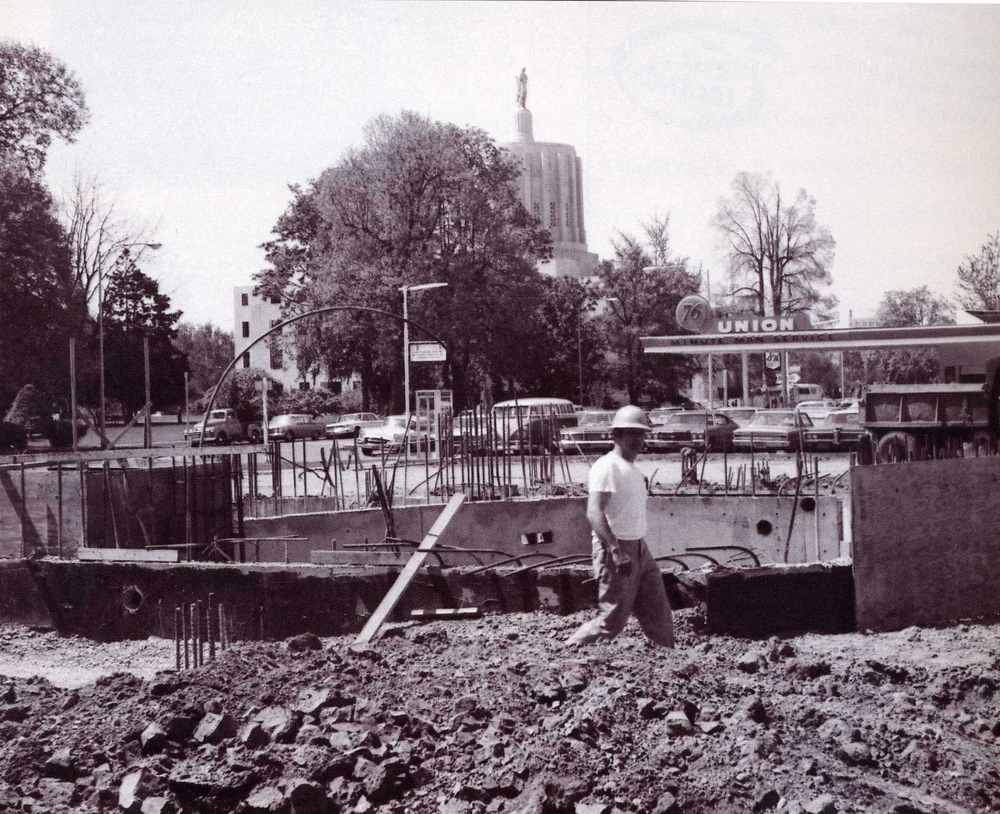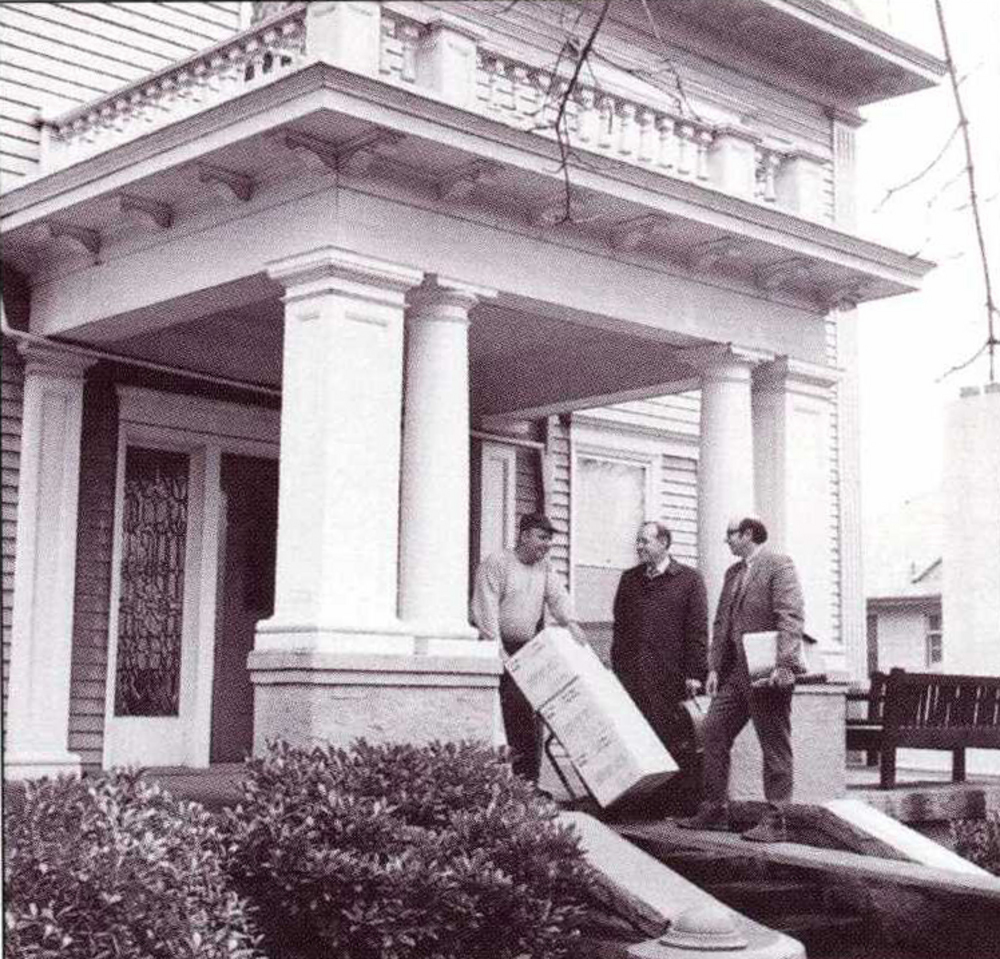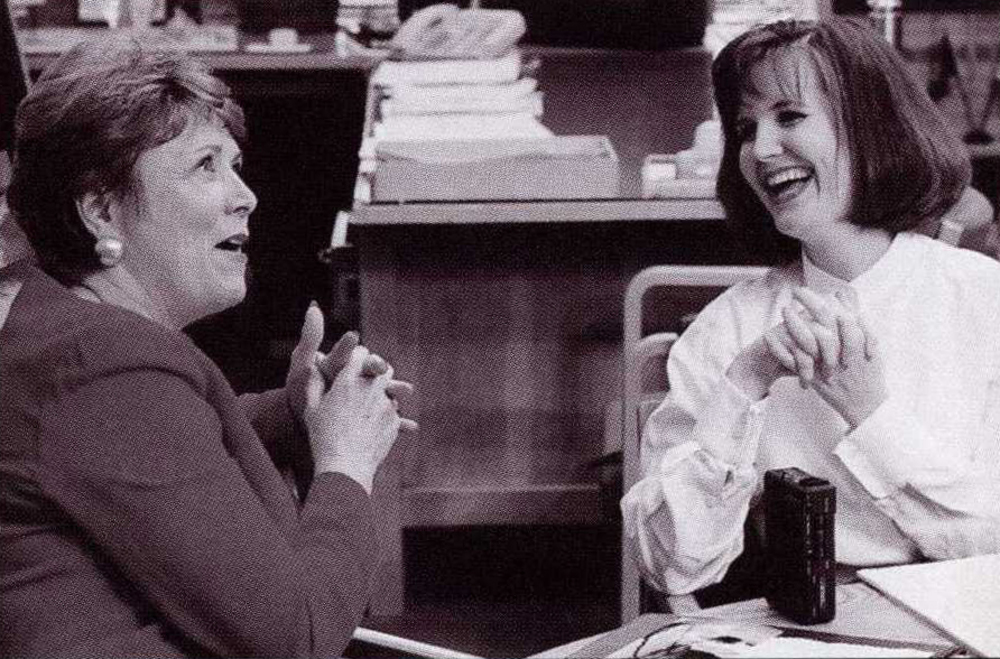Associated Oregon Industries (AOI), a private business and advocacy group, was founded in 1895 to advance awareness of products from Oregon. During the twentieth century, AOI evolved into an advocacy organization and is now a statewide, nonprofit business and lobbying association.
AOI represents businesses originating in Oregon and those with branches or offices in the state. In 2007, the association had about 1,600 member-businesses employing 200,000 people. AOI's seventy-member board of directors has five regional chairpersons representing constituencies across the state.
During the last quarter of the twentieth century, AOI became one of the most powerful forces in legislative politics, largely because of the leadership of Richard Butrick. Under Butrick, who was president from 1986 to 2006, membership grew from 400 businesses to over 23,000.
Over those years both Butrick and AOI earned an mixed reputation. Critics charged that the ostensibly nonpartisan organization had migrated to the far right of the political spectrum, had exhibited an anti-government attitude, and generally had aligned with the agenda of conservative Republican elected officials. Others saw AOI as being pragmatic and concerned with the well-being of its members.
The AOI advocates for its member-businesses on matters that affect them in public policy and legislation. Perhaps the association's most significant legislative victory centered on the 1990 reform of workers' compensation. AOI joined the governor and legislators to reform a system called one of the worst in the country. Businesses were paying the eighth highest insurance rates in the country, yet workers received some of the most meager benefits.
The 1990 reforms (1) obliged all firms with more than ten employees to institute a labor-management safety and health committee, (2) increased the state's Occupational Safety and Health Division staff to consult with businesses rather than to enforce rules, (3) allowed the state to devise a workers' compensation insurance plan that pooled dissimilar small businesses in order to save money, and (4) offered small businesses free safety and management training programs.
AOI has been a consistent and powerful opponent of increases in the minimum wage, but in 2002 voters passed a measure mandating an annual raise for the lowest paid workers. In 2009, that meant an increase for minimum-wage workers of 45 cents an hour, from $7.95 to $8.40.
Over the years, there have been challenges to AOI's leadership. In the 1997 legislative session, for example, the Oregon Small Business Council appeared to have more influence with lawmakers than AOI did. In 1999, the Oregon Business Association formed to advance a bipartisan business agenda that would be less hostile to government and would include investment in a sustainable environment, a stronger educational system, and improved transportation.
Butrick's retirement in 2006 triggered a "rebranding" of AOI under new CEO Jay Clemens. The goal of the new leadership was to reposition AOI in the state's political culture as a progressive force. The essence of the initiative was an "agenda for prosperity" for Oregon, with both short- and long-term prescriptions, including a revamping of the state's tax structure and instituting a state sales tax. Despite its political prowess, AOI has had no success in persuading the public that the state needs a sales tax.
AOI's lobbying is based on a belief in a free-market economy, private property rights, and minimal regulation of enterprise to promote business prosperity. It advocates a strong educational system to supply business with job-ready workers and has perenially advocated for low taxes for businesses.
AOI has a distrust of government intervention in the economy and the society. It has championed voluntarism in community health and environmental improvement, believing that private-sector incentives can best ameliorate problems in those areas. For example, AOI favors incentives and innovations that catalyze voluntary reductions in greenhouse gas emissions and prefers nationwide rather than regional or state "Cap and Trade" strategies. The association also supports "reduction mechanisms that do not damage Oregon’s competitiveness and do not focus on a single sector of the economy."
Since the 1970s, AOI has been an important player in Oregon politics. It has seen both successes and failures in advancing its members' interests and has survived by adapting to the times.
-
![]()
Manufacturers Association of the Northwest display, c. 1900.
Oreg. Hist. Soc. Research Lib., OrHi 81569
-
![Governor Tom McCall (right) signs inventory tax relief legislation in 1969, flanked by AOI director Douglas Heider.]()
Gov. Tom McCall (right) and Douglas Heider.
Governor Tom McCall (right) signs inventory tax relief legislation in 1969, flanked by AOI director Douglas Heider. Courtesy Associated Oregon Industries
-
![View of long-time AOI member ESCO Corp. (then Electric Steel Foundry) in Portland, at south end of PGE Park.]()
Aerial view of ESCO Corp, 1945.
View of long-time AOI member ESCO Corp. (then Electric Steel Foundry) in Portland, at south end of PGE Park. Oreg. Hist. Soc. Research Lib., OrHi 54896
-
![]()
AOI charter.
Courtesy Associated Oregon Industries
-
![Construction of new AOI headquarters, 1149 Court Street NE, Salem.]()
AOI new offices, construction of.
Construction of new AOI headquarters, 1149 Court Street NE, Salem. Courtesy Associated Oregon Industries
-
![]()
Moving AOI offices.
Courtesy Associated Oregon Industries
-
![]()
House Speaker Beverly Clarno (l) with AOI V.P. Donna Lewis.
Courtesy Associated Oregon Industries
Map This on the Oregon History WayFinder
The Oregon History Wayfinder is an interactive map that identifies significant places, people, and events in Oregon history.
Further Reading
McGrain, Maureen. "AOI's Butrick Era Ends after Two Decades." Portland Business Journal, July 7, 2006.
Sickinger, Ted. "Associated Oregon Industries Taps CEO," Oregonian, September 1, 2006.
Thompson, Roger. "Taking Charge of Workers' Comp." Nation's Business, October 1993.







